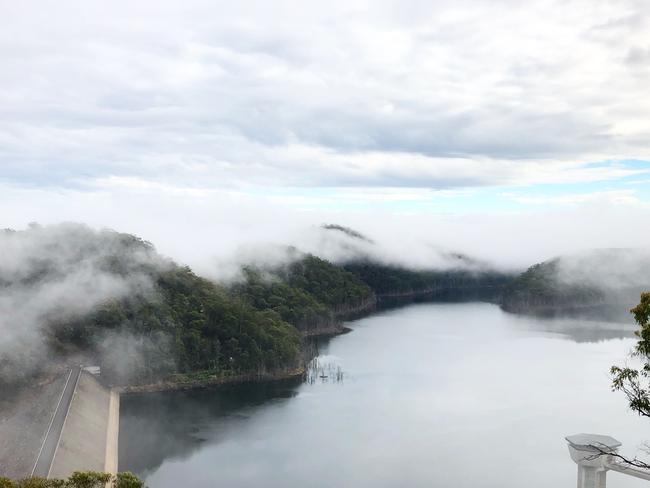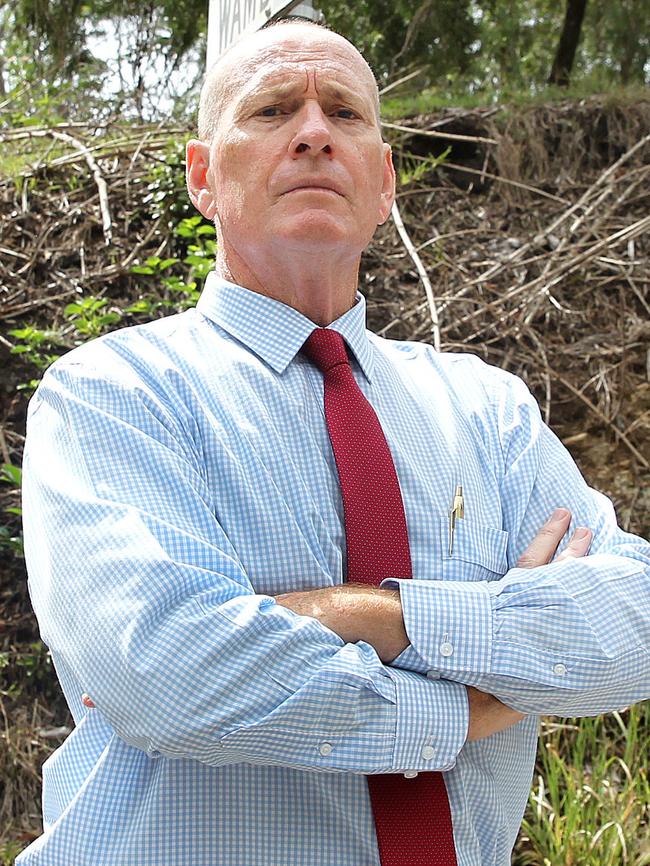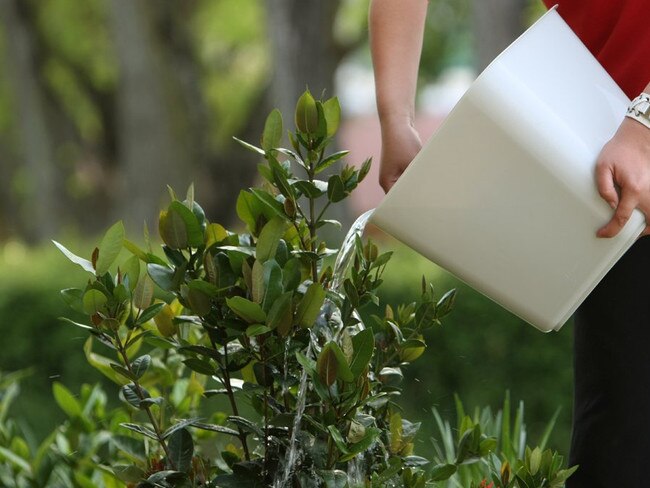Central Coast water restrictions: Council not introducing Level 2
On one side, some councillors argued water restrictions were vital with the ongoing drought and bushfires. On the other side, some said water restrictions were not necessary yet. Here’s what happened at tonight’s extraordinary council meeting.

Central Coast
Don't miss out on the headlines from Central Coast. Followed categories will be added to My News.
- Paddy Gerrard is back on Central Coast breakfast radio in 2020
- Qantas steward Allan Wolfe appeals DV conviction
The Central Coast will not be introducing water restrictions.
The issue came to an extraordinary meeting of Central Coast Council this afternoon with a majority of councillors voting not to discuss the potential of introducing Level 2 water restrictions heading into the holiday period.
Councillors Greg Best, Troy Marquart, Bruce McLachlan and Jilly Pilon called up a rescission motion to overturn a decision from a November meeting to refer the water restriction triggers to an advisory committee. The aim was to pass a motion for council to consider introducing early restrictions.
In a heated debate, the rescission motion was lost preventing any chance for council to consider water restrictions.

Councillor Best said the coast had three years of water left in the dams.
“This is such an important issue for the future, stability and employment of our whole region,” he said.
“Stop playing games with this. Stop it and start managing the water properly.”
Councillor Pilon highlighted council bringing in a climate emergency a few months ago.
“A water emergency surely goes hand-in-hand with a climate emergency,” she said.
“We are the decision makers, this is an urgent matter whether you like it or not. This is a community issue and not one person in the community has said they don’t want water restrictions.”


Mayor Lisa Matthews said some councillors were “grandstanding” and the rescission motion was purely overturning a decision to provide a report into rainwater tanks, investigate stormwater harvesting in Terrigal and refer water restriction trigger levels to a committee.
“Our community are already very waterwise, saving water since the Millennium drought,” she said.
She said council had already voted to change the trigger for water restrictions from 40 per cent dam levels to 50 per cent earlier this year.
“We are on a solid path and we should not be introducing water restrictions at any stage,” Cr Matthews said.
Council’s director water and sewer Jamie Loader said the current level of the Mangrove Creek Dam was 52.59 per cent. He said the council pumped 13 mega litres a day to the Hunter.
“Our dam levels are holding steady, with our total water storage falling by less than two percent in the past three months,” Mr Loader said. “Storage-wise, we have more water than at the beginning of the 10-year Millennium Drought in 2002.”
When the item was voted down, Cr Best said “this just speaks for itself the shutting down of debate”.

“We could save 350 million litres of water if we put our hands up tonight. I will do everything to call on the State Government to take water supply off this council as it has done the planning powers.”
Members of the public were not allowed to address the council at the extraordinary meeting.
Environmental and natural resource economist Dr David James had planned to speak and said there was a serious need for the Central Coast to take a precautionary approach to water resource management and water utilisation rates.
“The medium to long term forecasts for south east Australia is that it is going to become dryer,” he said.
“An underlying threat is the bushfires which we need water to fight. It would be wise to go easy on water use in the interests of having a water supply.”
Dr James said there was a danger in assuming it will eventually rain and highlighted that the Hunter and Sydney were introducing restrictions now.
“If it does eventually rain you can always pull the restrictions back,” he said.
“The precautionary approach to resource management is vital.”
Level 1 water restrictions are likely to come into effect in early February.

